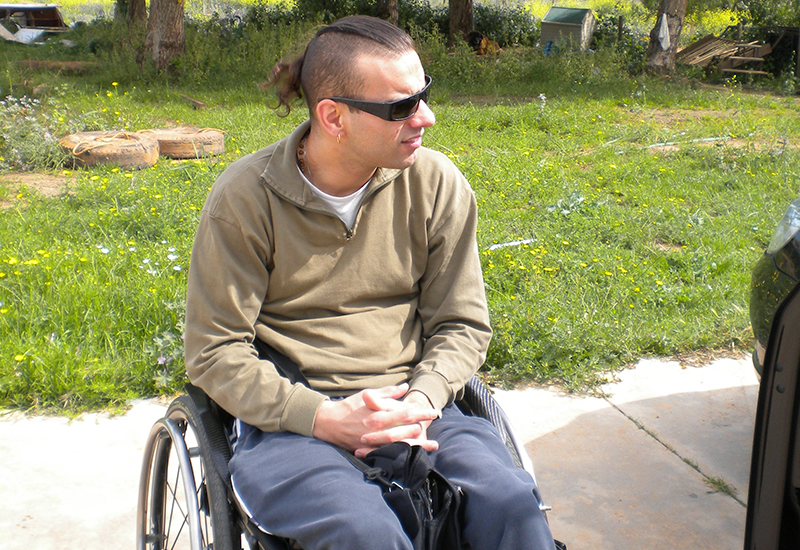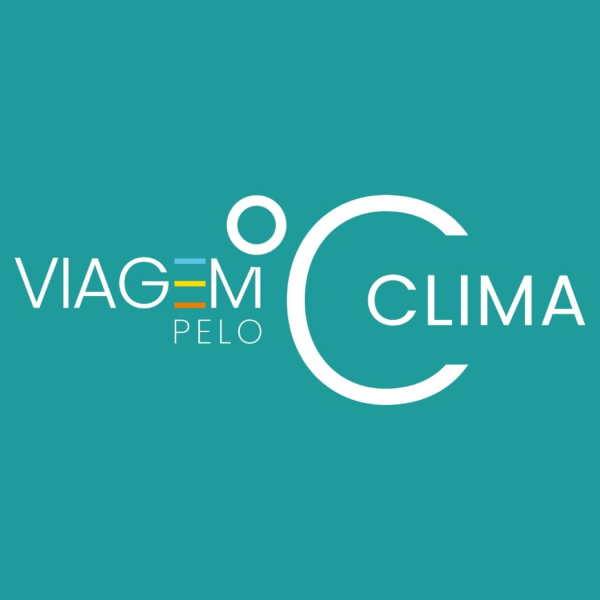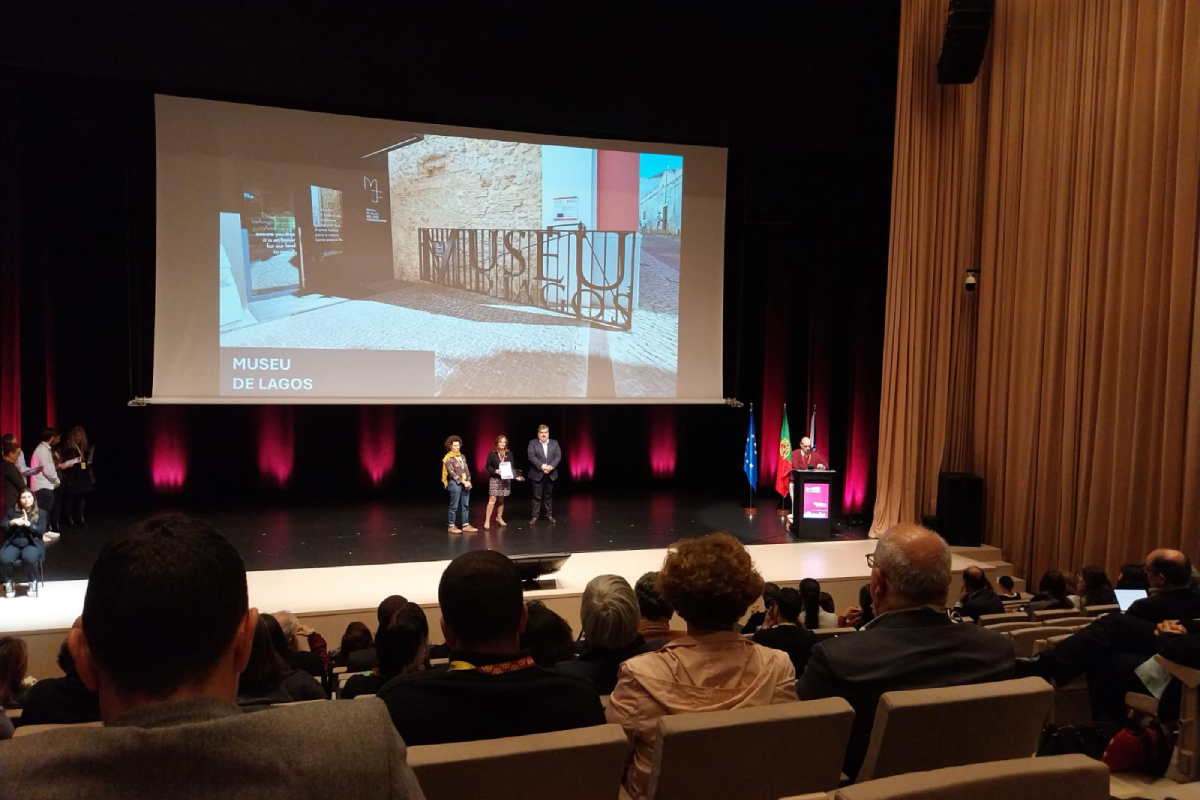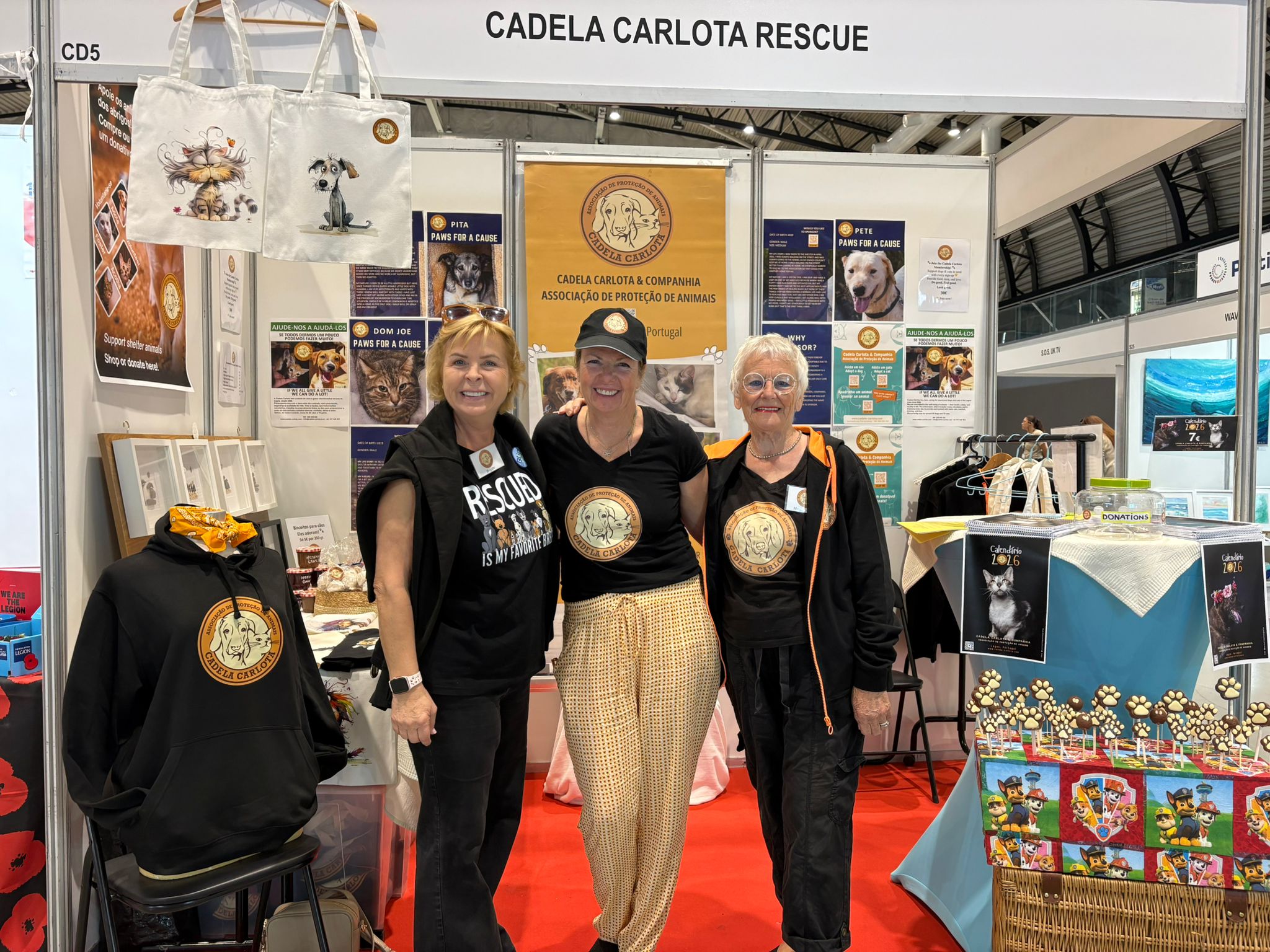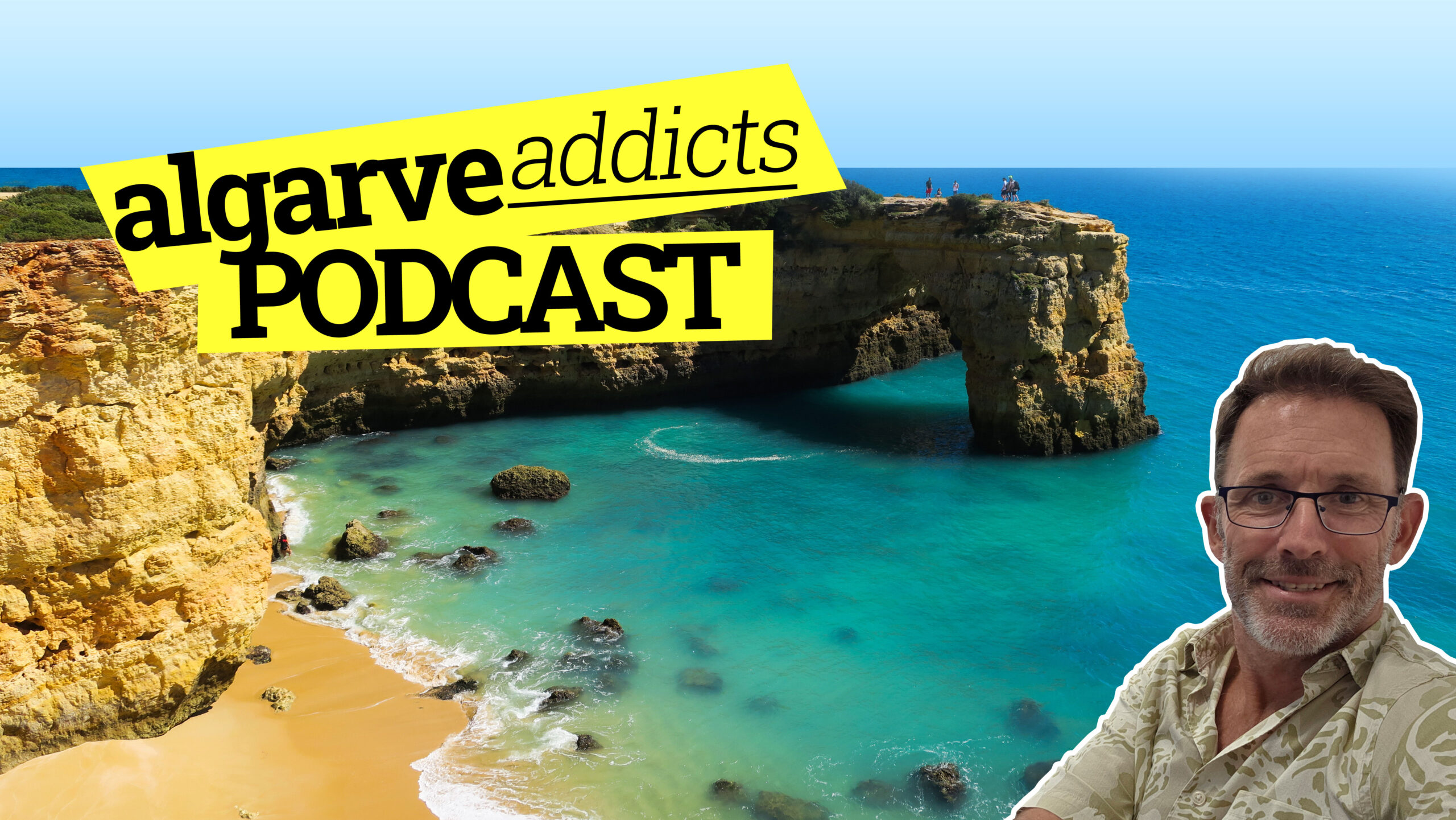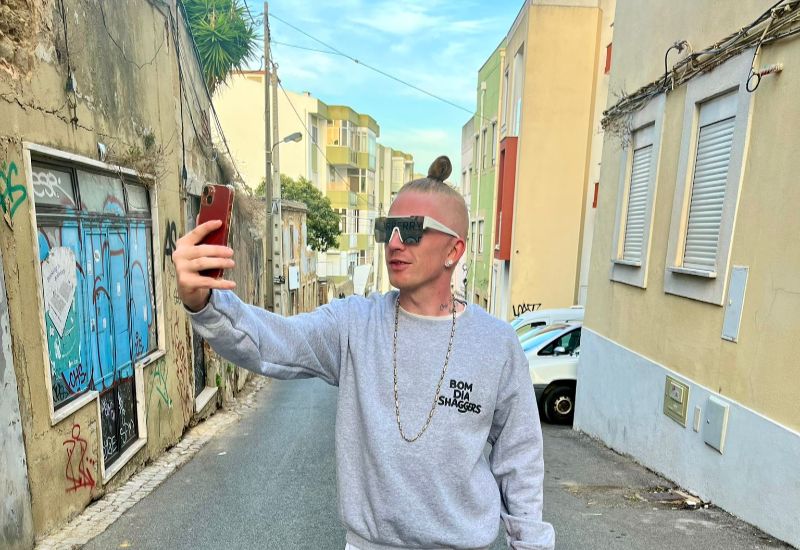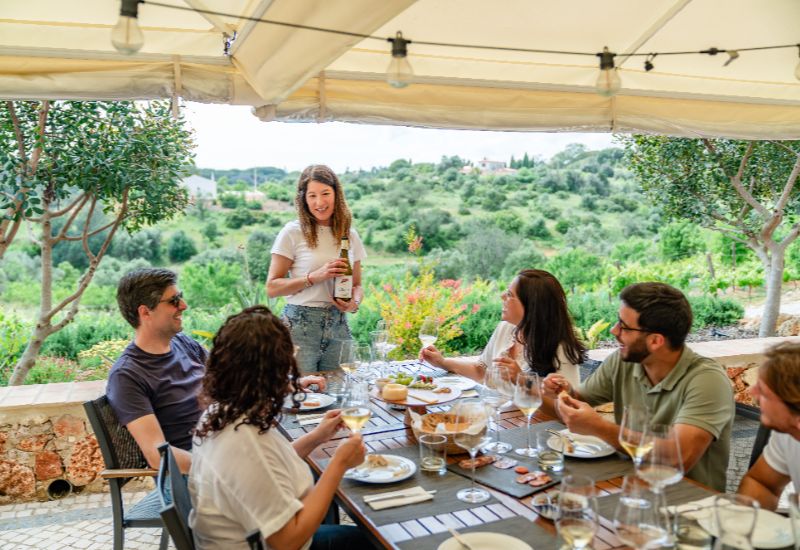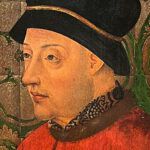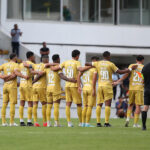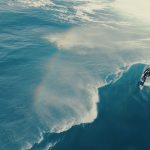Pedro Andrade is 45 years old and originally from Porto. He has been living in the Algarve since 1987. In 2007, he was involved in a car accident, which left him with paraplegia.
As a member of a Portuguese choir, I performed at various venues over the Christmas holidays. One of these performances led to an unexpected encounter with a delightful man who inspired me to write this article.
I joined him and his friend for a drink. He was charming, spoke excellent English, and had a quick wit that made for delightful conversation. At first, I didn’t notice that he was in a wheelchair. It only became apparent when someone else joined our table, and we adjusted our chairs to make space. There’s always a moment of hesitation when meeting someone with a visible disability. In situations like this, an unspoken question hangs in the air. Should I ask how it happened? Would it be intrusive or insensitive?
However, after getting to know Pedro, I found out more about his life. Before the accident, he worked in a hotel as a lifeguard and enjoyed everyday activities with friends. He had been in the army and was eagerly awaiting his return – until the accident abruptly changed everything.
Despite this, he still enjoys listening to music and sharing coffee or beers with friends. His other interests are politics, international relations and sports. He is managing to have a good standard of living thanks to the solidarity and empathy of those around him, especially his close friends, who have provided immense emotional support.
However many things are now not possible for him. He loved travelling – exploring new places, meeting new people – but now it’s much more challenging. It’s more expensive and requires careful planning, and travelling alone is no longer an option. So far, he has only managed short trips, always accompanied by a friend.
He feels that the Algarve is a peaceful and welcoming region; however, he now wants to draw attention to the limitations of the Algarve for people with disabilities. “Sadly, the Algarve is very inaccessible. The public transport network is deficient, public spaces are difficult to access and there are many shortcomings in the infrastructure, such as homes and residences to support the disabled,” says Pedro.
There are no job opportunities specifically tailored for people with disabilities. He would like to see improved physical accessibility, better promotion of opportunities, and the creation of jobs with suitable schedules and responsibilities. Unfortunately, Pedro lives in an isolated place, so there is no work suitable for his condition.
“Portugal has been aware of this problem in the past 30 years, but for a large and populous region like the Algarve, the improvements are insufficient,” says Pedro, who believes that although most people he meets show him respect, empathy is already increasingly scarce in today’s society.
In terms of support for disabled persons, there are few sports and cultural structures dedicated and the State provides only the most basic support. Some organisations have been helpful, like CMR, a public hospital where Pedro did part of his rehabilitation. The University of Algarve, where Pedro studied and APEXA, an Albufeira association where he worked for six months, were unable to hire him long term. “It would be wonderful if they made the beaches more accessible,” Pedro reflects.
Then, there’s the issue of healthcare. Right now, it’s a difficult situation for the average person – let alone for those with disabilities. Pedro feels that healthcare is increasingly being turned into a business. There are few specialised medical or therapeutic facilities available aside from CMR Sul in São Brás de Alportel. Public healthcare is gradually shifting towards the private sector, making it accessible only to those who can afford it. The private sector profits by receiving state subsidies while also charging directly for services, either from private individuals or through health insurance schemes.
“My hope for the future is that humanity moves beyond the capitalist-economic system. The message I want to share from my experience is simple: Life only ends at the end.”


